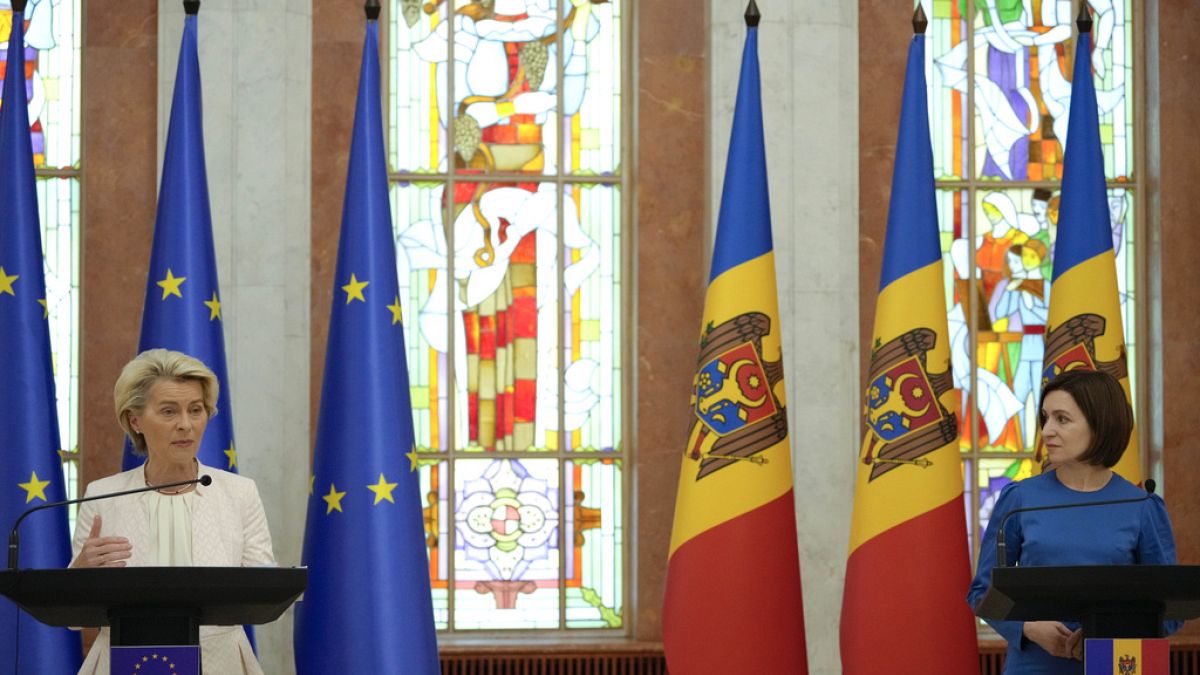

In recent days, notable strides have been made across the globe in the realms of diplomacy and international relations. These developments reflect ongoing efforts to enhance cooperation, foster economic growth, and address pressing geopolitical issues. Below is a summary of the significant events that have transpired.
The Republic of Moldova is actively pursuing its aspiration of European Union accession. At the forefront of these efforts, Moldovan President Maia Sandu is set to meet with the EU Commission President Ursula von der Leyen and the President of the EU Council António Costa. The meeting will take place at the first bilateral summit in Chisinau and will center on discussions of economic growth and security. Such dialogue underscores Moldova’s dedication to strengthening its European ties and representing a stabilizing influence in the region.
In Central Asia, Uzbekistan and Azerbaijan are reinforcing bilateral ties ahead of the Economic Cooperation Organization (ECO) Summit. The visit by Uzbekistan’s President Shavkat Mirziyoyev to Azerbaijan included discussions with President Ilham Aliyev focusing on trade, energy, and regional connectivity. As a symbol of their growing partnership, the two leaders laid the foundation stone for a new park, illustrating their shared commitment to infrastructure and cultural collaboration.
Meanwhile, France has embarked on a novel initiative to enhance its diplomatic influence and counter disinformation. The introduction of a ‘diplomatic reserve’ is aimed at bolstering France’s soft power on the global stage. The French government is optimistic that this initiative will draw 1,000 reservists by the year’s end, indicating a proactive approach to addressing the challenges of its geopolitical environment.
In Northern Europe, Denmark has expressed a strong commitment to advancing European Union enlargement, particularly in relation to Ukraine. Denmark’s Minister for European Affairs, Marie Bjerre, emphasized the importance of expanding the EU, warning that failure to do so may result in losing potential member states. Denmark’s stance represents a broader European effort to foster unity and resilience within the continent.
In the spiritual domain, the Dalai Lama recently asserted the continuation of his spiritual lineage in accordance with Tibetan tradition, challenging China’s stance on Tibetan Buddhism. In a video message shared before his 90th birthday celebrations, the Dalai Lama announced that the Gaden Phodrang Trust, responsible for managing his affairs, would lead the process to identify his reincarnation. This declaration not only reinforces traditional practices but also stands as a poignant statement of cultural autonomy.
Collectively, these developments reflect a dynamic period in international relations, characterized by efforts to deepen partnerships, promote stability, and assert cultural identities. As these initiatives unfold, they highlight the intricate web of diplomacy that continues to shape our world.
Source: {link}
